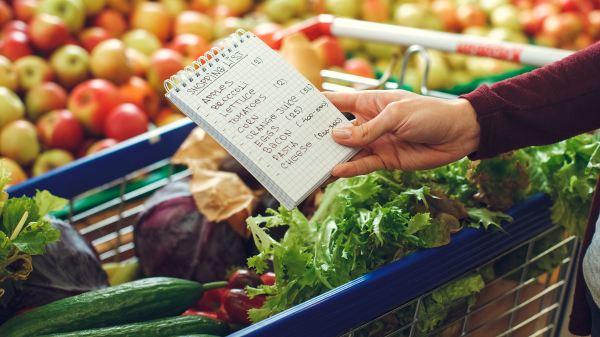By Richard Smoley
I’m no genius at figures, but . . .
Something seems to be wrong with a recent Talker survey about consumers’ top expenses.
Take Gen Z. According to this survey, their top monthly budget item was groceries (48 percent), credit card debt (41 percent), and rent (39 percent).
This adds up to 128 percent of consumers surveyed. That cannot be true. If each person surveyed were listing their single biggest budget item, the figures could not add up to 128 percent. (I suppose they could if consumers were able to list more than one, but that’s not the way the survey was described.)

It gets worse. The article explaining this survey says, “A poll of 1,800 US adults found, across the board, 48% said their grocery costs are eating up the majority of their monthly budget, followed by utility bills (38%) and credit card debt (37%).” Grocery costs eat up majority of Americans’ monthly budget – Talker
That’s not what these figures say. To read them as clearly as possible (and that is none too easy), 48 percent of Americans said that groceries were their top expense. But this does not mean that 48 percent said that grocery expenses were “eating up the majority of their monthly budget.”
This sounds especially wacky when the USDA’s Economic Research Service tells us, “In 2021, U.S. consumers spent an average of 10.3 percent of their disposable personal income on food—divided between food at home (5.2 percent) and food away from home (5.1 percent). The share of disposable personal income spent on total food has trended downward since 1961—driven by a decline in share of income spent on food at home.” USDA ERS – Food Prices and Spending
To refresh my own understanding, I looked up disposable income on the Internet: It’s “the amount of money that an individual or household has to spend or save after income taxes have been deducted,” says Investopedia, adding, “Disposable income is net income.”
And then I read other articles claiming that many Americans are sitting on a bundle of cash accumulated from pandemic benefits.
The conclusion I reach is maybe the most alarming one: no one really knows what’s going on.



